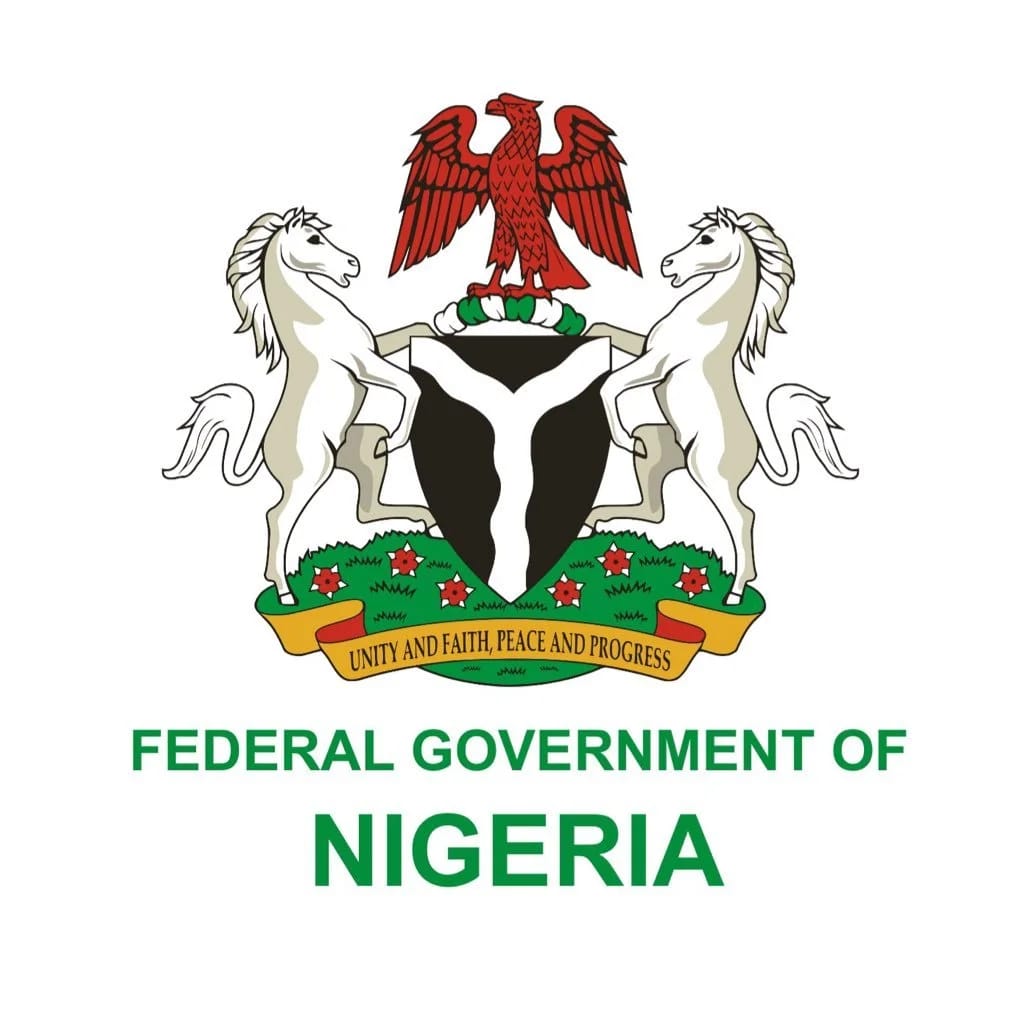TOP TEN MUSLIM UNIVERSITIES IN AFRICA
February 14, 2026ANALYSIS: Why Nigeria GDP is not the best in Africa Despite having the largest market
February 10, 2026FG declares Monday June 12 as Democracy Day celebration
FG declares Monday June 12 as Democracy Day celebration

The Federal Government of Nigeria has declared Monday, June 12, 2023, a public holiday in commemoration of this year’s Democracy Day celebration.
Dr Oluwatoyin Akinlade, the Permanent Secretary, Ministry of Interior, announced this in a statement issued today, Thursday, on behalf of the Federal Government,
The statement congratulated all Nigerians on the occasion.
“Nigeria’s democratic journey has, like in many other climes, encountered both stormy and smooth sails, but the ship of State, its institutions and most importantly, the Nigerian people, have remained steadfast on the tenets of democratic governance.
“On this memorable occasion therefore, Nigerians and friends of Nigeria are invited to appreciate the progress that has been made, celebrate the milestones covered and look forward to a better future for the country’s democracy,” the statement said.
The Permanent Secretary used the occasion to call on Nigerians to continue to support and pray for the Bola Ahmed Tinubu-led government to move the country to its desires height.
Recall that former President Muhammadu Buhari had set aside June 12 as Democracy Day in his second term in office.
Democracy day was previous marked on May 29.
Democracy Day reflects the day in 1999 when the military handed over control to an elected civilian government, commencing the longest uninterrupted civilian rule since Nigeria’s independence from colonial rule in 1960.
June 12 was once known as Abiola Day, and it was celebrated in Lagos and some southern Nigerian states.
The nullification of the June 12, 1993, presidential election set off a series of events that commenced with civil unrest in Lagos and throughout Nigeria.
This tumultuous period witnessed a military coup that brought General Sani Abacha to power as Nigeria’s leader, ultimately culminating in the restoration of civilian governance in 1999.
Throughout these six years of transformative upheaval, Nigeria’s socialist left played a central role in the democratic movement, spearheading the fight on the streets and beyond.









